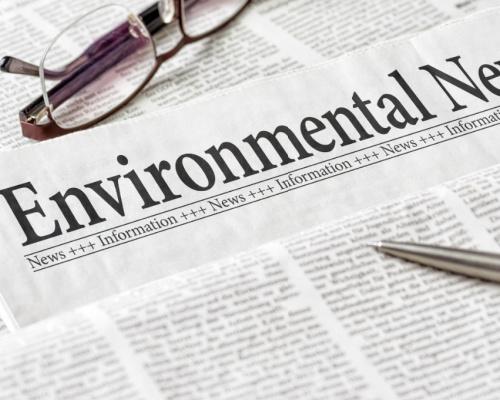Abstract
Whose voices are most likely to receive news coverage in the US debate about climate change? Elite cues embedded in mainstream media can influence public opinion on climate change, so it is important to understand whose perspectives are most likely to be represented. Here, Dr. Wetts uses plagiarism-detection software to analyze the media coverage of a large random sample of business, government, and social advocacy organizations’ press releases about climate change (n = 1,768), examining which messages are cited in all articles published about climate change in The New York Times, The Wall Street Journal, and USA Today from 1985 to 2014 (n = 34,948). Dr. Wetts finds that press releases opposing action to address climate change are about twice as likely to be cited in national newspapers as are press releases advocating for climate action. In addition, messages from business coalitions and very large businesses are more likely than those from other types of organizations to receive coverage. Surprisingly, press releases from organizations providing scientific and technical services are less likely to receive news coverage than are other press releases in her sample, suggesting that messages from organizations with greater scientific expertise receive less media attention. These findings support previous scholars’ claims that journalistic norms of balance and objectivity have distorted the public debate around climate change, while providing evidence that the structural power of business interests lends them heightened visibility in policy debates.



